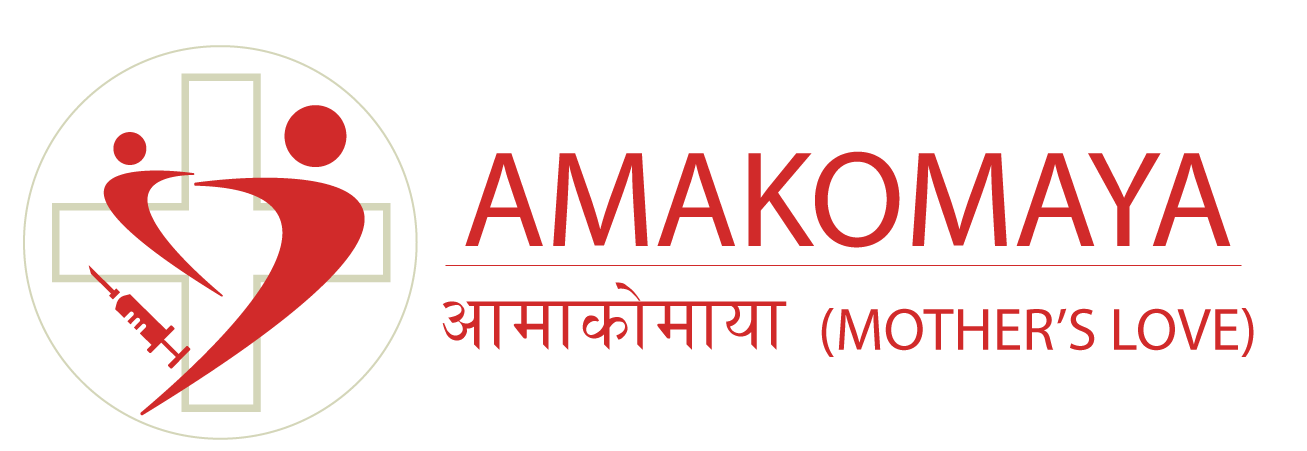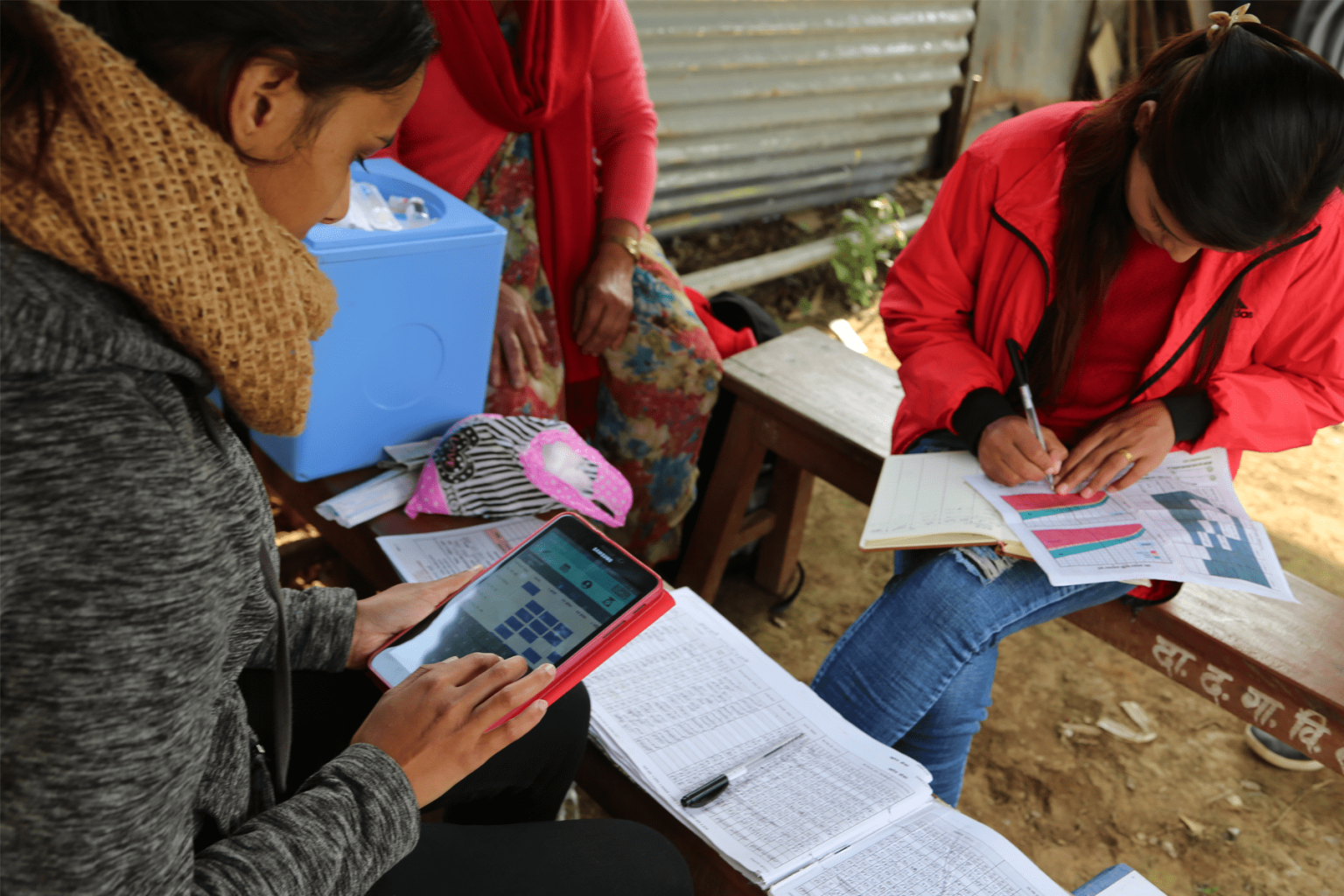Pregnancy is a time of significant change and anticipation, but it also brings unique health challenges and questions about medication use. Ensuring the safety of both the mother and the baby is paramount, and understanding how to manage medications effectively is a crucial part of this process. At Amakomaya, our mission is to support the health and well-being of mothers and their babies through informed and safe practices. Here, we explore the essential guidelines for the safe use of medication before, during, and after pregnancy.
1. Medication Before Pregnancy: Planning and Precautions
Preconception Counseling: Before becoming pregnant, it’s essential to consult with a healthcare provider about any current medications. Some medications may need to be adjusted or replaced with safer alternatives to prevent potential risks to a future pregnancy.
Folic Acid: One of the most critical supplements to consider before conception is folic acid. This B-vitamin helps prevent neural tube defects in the developing fetus. It’s typically recommended to start taking folic acid at least three months before conception.
Chronic Conditions: Women with chronic conditions such as diabetes, hypertension, or epilepsy should work with their healthcare provider to ensure their medications are optimized for pregnancy. Some medications may need to be switched to safer options.
2. Medication During Pregnancy: Ensuring Safety for Both Mother and Baby
Consult Healthcare Providers: Always consult with a healthcare provider before taking any medication during pregnancy. This includes over-the-counter drugs, herbal supplements, and prescription medications.
Categorize Medications: Medications are often categorized into different risk categories based on their safety during pregnancy. Categories range from A (safest) to X (known to cause birth defects). Your healthcare provider will help you understand these categories and make informed decisions.
Avoiding Harmful Substances: Certain medications and substances, including some antibiotics, pain relievers, and hormonal treatments, can pose risks. Always verify with your healthcare provider whether a medication is safe for use during pregnancy.
Monitoring and Adjustments: Regular prenatal visits are crucial for monitoring the health of both mother and baby. If new symptoms or conditions arise, medications may need to be adjusted.
3. Medication After Pregnancy: Postpartum Considerations
Postpartum Health: After delivery, new mothers often need to continue or start new medications to manage postpartum conditions such as depression, pain, or infections. It’s important to choose medications that are safe for breastfeeding if applicable.
Breastfeeding Safety: Some medications can pass into breast milk and affect the baby. If you’re breastfeeding, discuss any medications with your healthcare provider to ensure they are safe for your infant.
Ongoing Health Management: Postpartum is a time of adjustment and recovery. Ensure that any medication use is part of a comprehensive plan for your health and well-being, including nutrition, exercise, and mental health support.
4. Generating New Knowledge on Medication Safety in Pregnancy
Ongoing Research: Medication safety during pregnancy is an evolving field. New research and guidelines are continuously developed to provide the best possible care for pregnant women and their babies. Stay informed through reliable sources and healthcare providers.
Personalized Care: Each pregnancy is unique. Personalized care based on individual health needs and circumstances is essential. Work closely with your healthcare team to create a plan that prioritizes safety and well-being.

